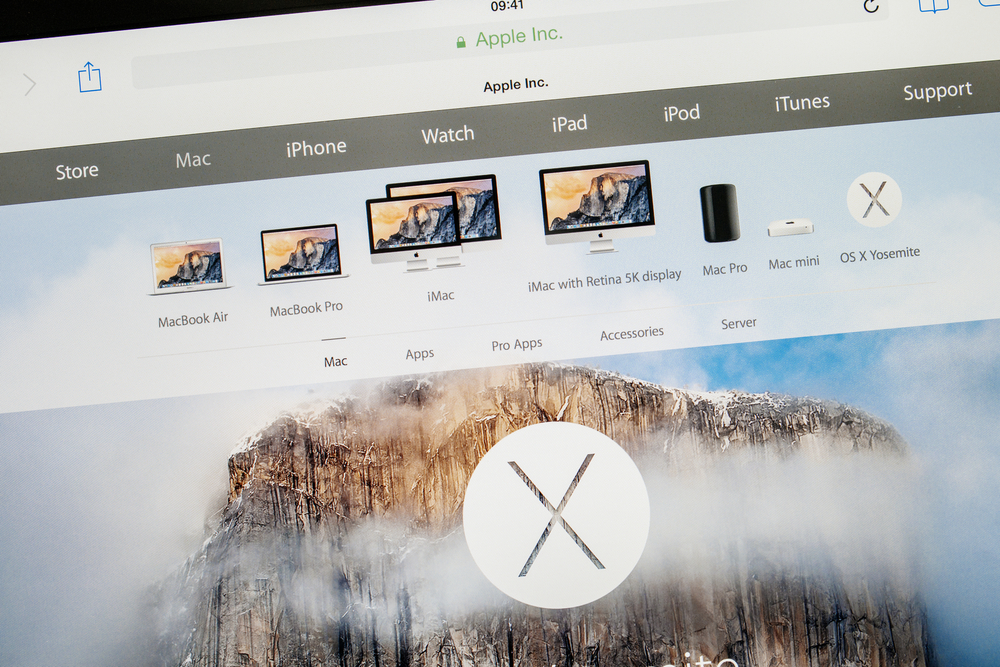Ransomware Definition
Ransomware is a type of malicious software, or malware, that prevents you from accessing your computer files, systems, or networks and demands you pay a ransom for their return. Backup Your Systems, Locally & In The Cloud. The first step to take is to always backup your.
Ransomware Decryption Tools
Let’s Define Ransomware

Spyware
Once ransomware enters a system, it makes itself known by taking control, encrypting files or complete systems, and blocking user access until requests for payments, which are often displayed in warning messages, are fulfilled. Unfortunately, there is no guarantee that the keys needed to break the encryption will be returned upon payment.



This devious malware typically enters opportunistically through drive-by downloads, email links, social network messages, and websites; more recently, ransomware has been distributed through aggressive worms and targeted attacks. Ransomware, like many Trojans, are disguised as legitimate files, with the ransom note appearing on screen , often with threats of deletion or publication without payment. The result is often brand damage, costly lawsuits, or lost customer loyalty.
Attacks such as WannaCry,Petya,Bad Rabbit were headliners in 2017. WannaCry alone spread globally to 300,000 devices in over 150 countries in a single weekend, and caused millions, perhaps even billions, of damage.
Here are some insights from a recent Forrester report:
Ransomware Attack
- No one is left unscathed – businesses large and small, governments, healthcare organizations, and individuals are susceptible to ransomware.
- It’s even being promoted on the dark web as “ransomware as a service,” with tutorials and guides for easy execution. (In fact, according to The Ransomware Economy report from Carbon Black, there was a 2,502% increase in the sale of ransomware from 2016 to 2017, making it a $6 billion market, with over 6300 dark web marketplaces that have 45,000 product listings.)
- Bitcoin is making it easy for attackers to set up anonymous payment schemes.
- Almost anyone can do this. Seriously. Almost anyone.
